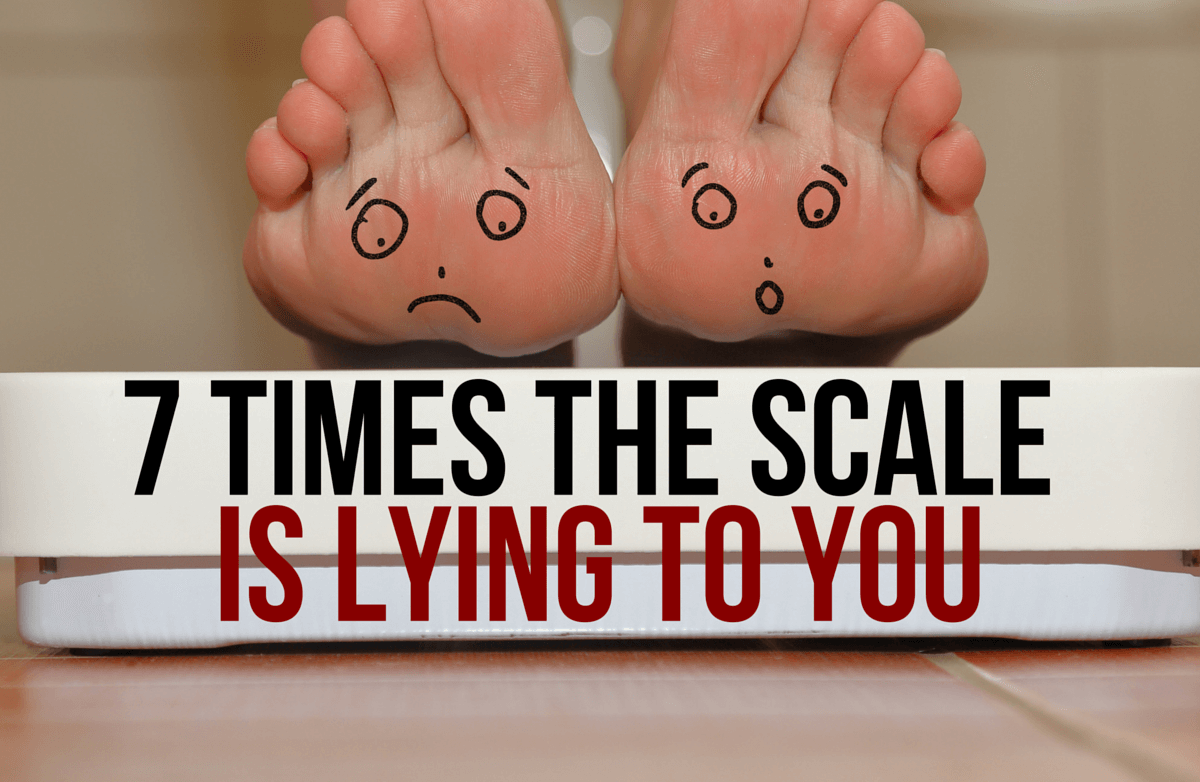Do you often find yourself wondering where your motivation went? Do you suddenly revert back to your "old ways" without really understanding why?
If this sounds familiar, you may have some basic misconceptions about motivation: what it is, where it comes from, and what you can do to hang on to it. Now it's time to gain an understanding of all those things and learn what it takes to become your own best motivator!
What is Motivation?
Many people seem to think that "being motivated" means not having to struggle with opposing desires. Not so. It is our nature as human beings to pursue both the gratification of our senses (eating what we like when we want it) and the psychological gratification of achieving meaningful but more abstract goals (being healthy, fit or attractive). Both of these pursuits are necessary for our survival, both as individuals and as societies, and both are worthy of your loyalty. Judging one of these pursuits as superior to the other is to deny half of what and who you are, and set yourself up for endless inner conflict and turmoil.
At the same time, your loyalty cannot be blind or unthinking. In the realm of eating and food choices, the modern world (and often your own kitchen) is full of well-marketed, tasty foods that appeal to your innate desires (a sweet tooth and fondness for rich foods) but are also nutritional nightmares. As long as you and the world remain less than perfect, you will have to struggle with this conflict between immediate and long-term gratification. No amount of motivation will make it go away.
Viewing motivation as the ability to resist the lure of "bad" foods or overcome the appeal of lying on the couch will only lead to frustration and self-blame. Things go much better when you see motivation as the ability to give yourself the chance to make conscious decisions and take responsibility for these choices. Therefore, the main "enemy" of motivation is the tendency to see yourself as the hapless victim of forces (or urges) over which you have no control.
Your motivation will be as strong as the amount of effort you put into making your own decisions (regardless of what they might be) with conscious awareness. Your motivation will be weak when you consider yourself to be helpless against your own urges, feelings and desires, or a victim of circumstances beyond your control.
So what causes you to lose motivation in the first place? You may start a new nutrition or exercise program with excitement and full force, ready to succeed and reach new goals. At what point does that enthusiasm die?
Motivation Killer #1: Unrealistic Expectations
The most common cause of disappearing motivation is unrealistic expectations. When you have your hopes set on one thing (like seeing the number on the scale go down), but something else happens instead (the number doesn't change or it goes up), of course it's difficult to keep on doing what doesn't seem to be working for you. That's normal, and it's exactly how you're supposed to feel. These feelings help you avoid doing the same thing over and over again, expecting to get different results.
But this natural reaction becomes problematic when the result you're hoping for isn't likely to happen, like seeing predictable and consistent changes in your weight every week; or expecting to go from confirmed couch potato to exercise maven by sheer force of will, without paying your dues.
So, if your motivation is lagging because you're not getting the results you expect, check to see whether your expectations are realistic or not.
Here is what you should expect when it comes to weight loss:
- Weight loss is NOT orderly or predictable. Shedding pounds is only one of many healthy changes your body undergoes when you decrease your caloric intake and/or increase your activity level. A lower number on the scale may be the least important of these changes, even though it may seem to be the most important. Every body will respond differently. You may lose weight easily and quickly at first while your friend will have to wait weeks or months to lose that first couple of pounds. For others, weight loss may come in waves. All of this is perfectly normal.
- Weight loss is NOT a simple calculation. Although we talk about weight loss in terms of numbers—calories in versus calories out—your body is not a calculator and it doesn't operate like a checking account. It is a complex, living organism with many needs and priorities to juggle, and difficulties to overcome (poor habits and thought patterns). A classic example of this complexity is how the stress you experience when your body doesn’t meet your weight loss expectations actually increases fat storage. There is a connection between your mind and your body. Instead of solely focusing on the scale, you need to take a comprehensive view of this process of change and work hard to keep your mind from getting in the way.
- Focus on what you can actually control—what you eat and how much you exercise. You will lose weight if you do your part, and it will probably occur at the expected rate. (When you get to your goal and look back at the process, you probably will have lost at the rate of 1-2 pounds per week, on average.) That's what happened for me, over the 18 months it took me to lose 150 pounds. Those weeks where nothing changed, or I actually went backwards, drove me crazy and sapped my motivation until I finally realized I was focusing on the wrong things. When I started focusing on the small, positive changes I was making in my diet and in my capacity to exercise, life became easier and more rewarding. That, I believe, is our role in this process. The rest is not up to you, and trying to control what you can't control is a prescription for failure.
The second most common cause of a motivational slump is expecting yourself to be perfect. The idea that anyone can (or should) never overeat or never skip a workout is a form of false pride. Why would anyone think that she'll be the first human being in history to pull this off, or that if you don't, you must be a miserable failure? The emotional upset of failed perfectionism can make it virtually impossible to stay motivated.
If you're holding yourself to a standard of perfection, or verbally abusing yourself for those bad days, give yourself a break. You must accept the fact that, along with the rest of us, sometimes human appetites or feelings are going to win out over good intentions—and it's not that big of a deal. Allow these occasions to teach you more about yourself, so that you can learn to do things differently.
But this learning won't happen if you spend your time and energy obsessing about your slip-ups, or getting down on yourself. That kind of useless self-abuse is just a smokescreen you are using to avoid your real responsibilities and opportunities. It is the polar opposite of honest self-appraisal, no matter how "true" or "real" it might feel to you. These may seem like harsh words, but getting past this problem is really critical to success. Trust me, I had to learn this the hard way, and that cost me a lot of painful years and wasted effort. So, save yourself a lot of grief, and learn how to keep things in perspective and avoid unnecessary drama.
You've learned what motivation really is—taking responsibility for conscious actions—and how to prevent it from waning. Now it's time to take what you've learned and put it into action, so that you can become more consistent and prepared no matter what obstacles come your way.













